The best food to eat before kickboxing training depends on the moment that you eat. In this, your eating schedule and training time are important factors, so I’ll explain how this works and what you can eat best in various situations.
For optimal performance during your kickboxing training you eat:
- 30 – 90 minutes before your training starts: primarily simple carbohydrates; or
- 1,5 – 3 hours before: primarily complex carbohydrates and proteins; or
- 3+ hours before: a full meal of complex carbohydrates, proteins and fats.
But what are simple and complex carbohydrates? Do these fit with every diet? And what is het best food for after the training? For answers on all these questions and more, please take a moment to read on!
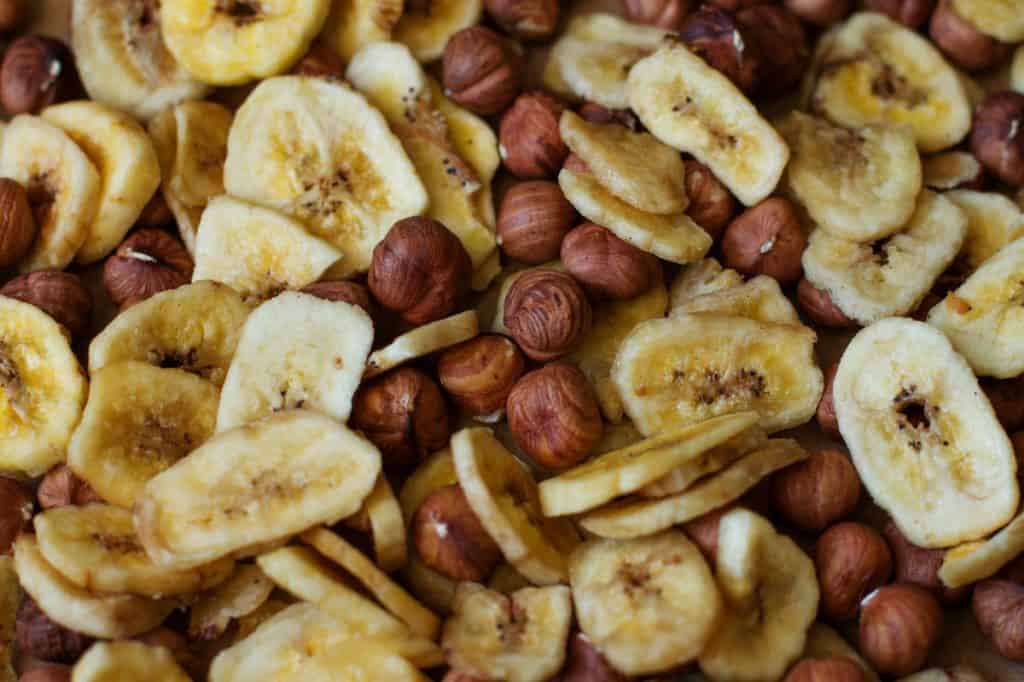
What are simple carbs or carbohydrates?
Carbs, short for carbohydrates are your body’s preferred energy source. They are stored as “glycogen” in your liver and muscles. Simple carbs are metabolized easily and provide a quick energy boost. They only fill your stomach for a short time, which allows you to eat them shortly before exercising.
Healthy simple carbs you find in fruits, dairy (if you digest this well), potatoes, white rice, and sweeteners like honey and date syrup. Less healthy simple carbs are in “white” grain products (white, bread, pasta etc.), as well as processed juices and everything containing sugar or other sweeteners like soft drinks, candy, cookies, and pastries.
What should I eat right before a workout?
Simple carbs and protein. The best meals are fruit in combination with skyr (free of lactose & fat), cottage cheese, or plant-based dairy alternatives like coconut and nuts milks. Also, smoothies with protein powder, fruits and/or vegetables are ideal pre-workout meals.
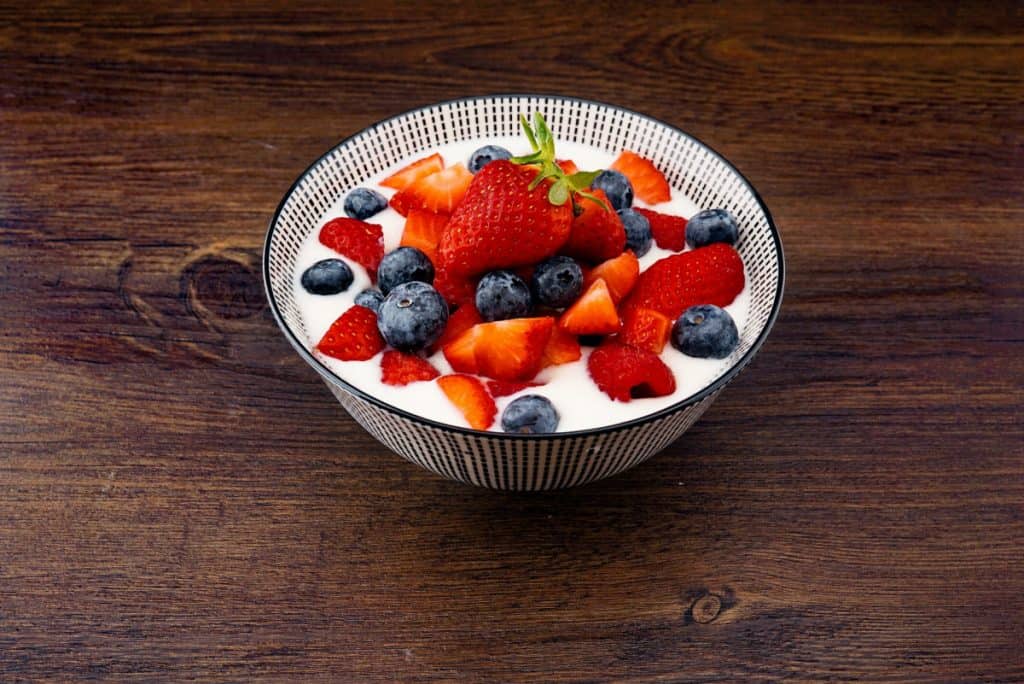
#Pro-tip: add some cinnamon tot his meal. Cinnamon regulates your blood sugar so that it won’t peak and crash, meaning that you’ll get your energy gradually. Are you going for a smoothie? “Chlorophyll” (which is in everything that’s green) has a similar effect, and beetroot even improves your blood flow and increases the oxygen uptake in your muscles.
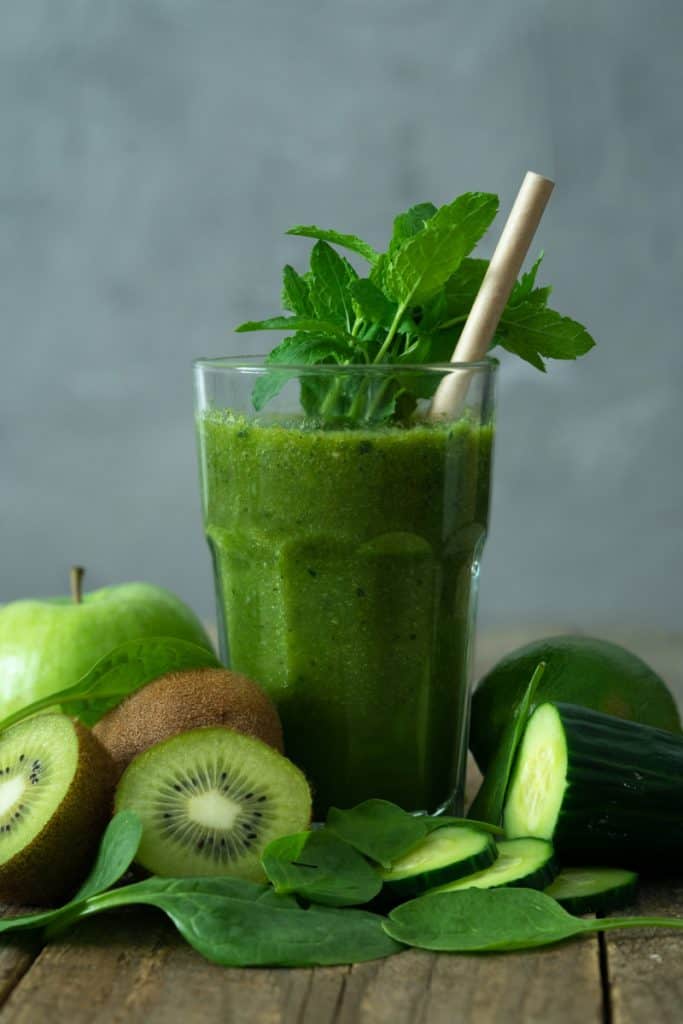
How do simple carbohydrates affect insulin?
When you eat carbs, your body produces insulin to transport the sugars into your muscles, liver, and fat so that they can become energy. Simple carbs spike your blood sugar. Yet, every time you eat them, your insulin secretion becomes less sensitive causing you to get less energy back for each carb.
So, in order to get the maximum energy out of your simple carbs, save them on training days for your pre-workout meal. This means that if you train late, you primarily eat fat and protein (eggs, nuts, cheese, beans, meat, fish, etc.) throughout the day, and eat your carb rich foods before training.
The same goes for caffeine and other stimulants. If you save these until right before your workout, you’ll get the best energy boost out of them.
What are complex carbs?
Complex carbs are chains of sugar molecules. The body metabolizes these chains slowly, meaning that they give you energy and keep you satiated for a long time. Complex carbs are present in wholegrain products, sweet potatoes, mushrooms, brown rice, oats, nuts, seeds, beans, legumes, and vegetables.
What meal should I eat between 1,5 and 3 hours before kickboxing?
If you finish your meal at least 1,5 hour before training, eat complex carbs with proteins, such as:
- Oatmeal with nuts
- Wholegrain bread with nut butter
- Wholegrain pasta with mushrooms
- Brown rice with tofu
Reduce the amount of fat in your topping or sauce the closer to training time you eat this.
My favorite is oats cooked in coconut milk with fruit, nuts, peanut butter, and cinnamon. The proportions I adjust according to how long before training I eat this. Am I eating close to 1,5 hour before? Then I’ll have more oats and fruits and less peanut butter and nuts (these contain a lot of fats); but, do I have at least 2 hours, then I go all-out on this meal.
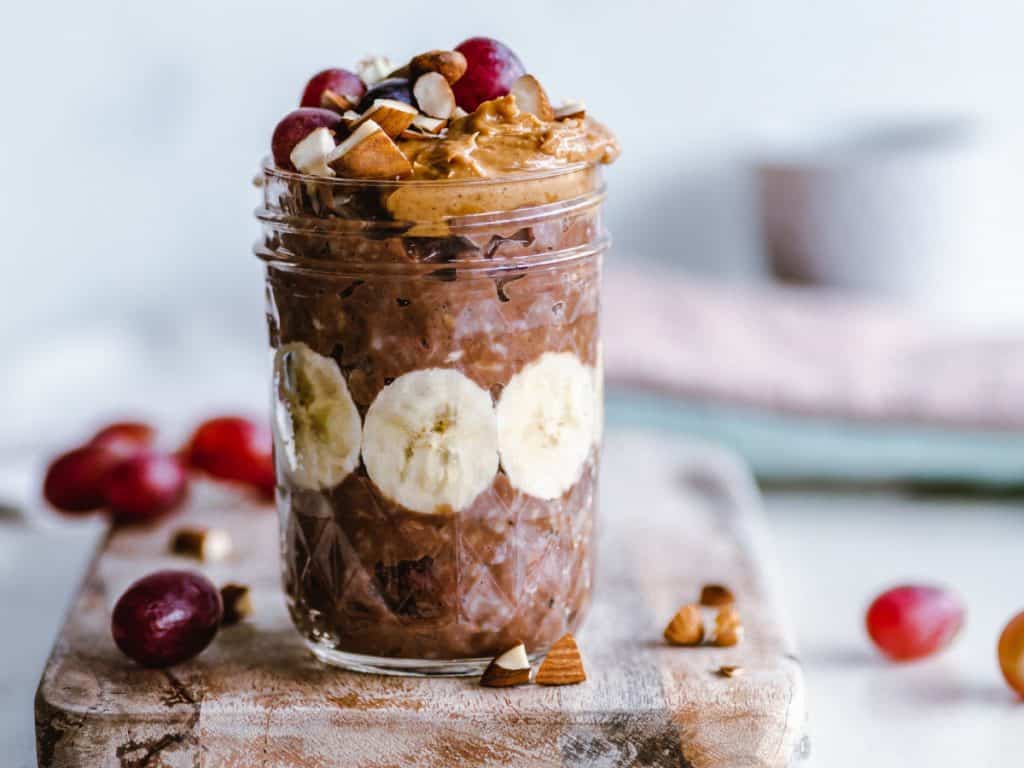
#Pro-tip: Do you like nuts and seeds as well? Then consider getting dry-roasted nuts or toasting them yourself (way cheaper) – these digest more easily and are a lot more flavorful too!
How long before a workout should I eat fat?
Take at least 3 hours before your training to finish a meal containing a lot of fat. So, if you have a lot of time before training, you can easily have a full English breakfast, rice and beans for lunch or even your full dinner meal 3 hours before training in the evening.
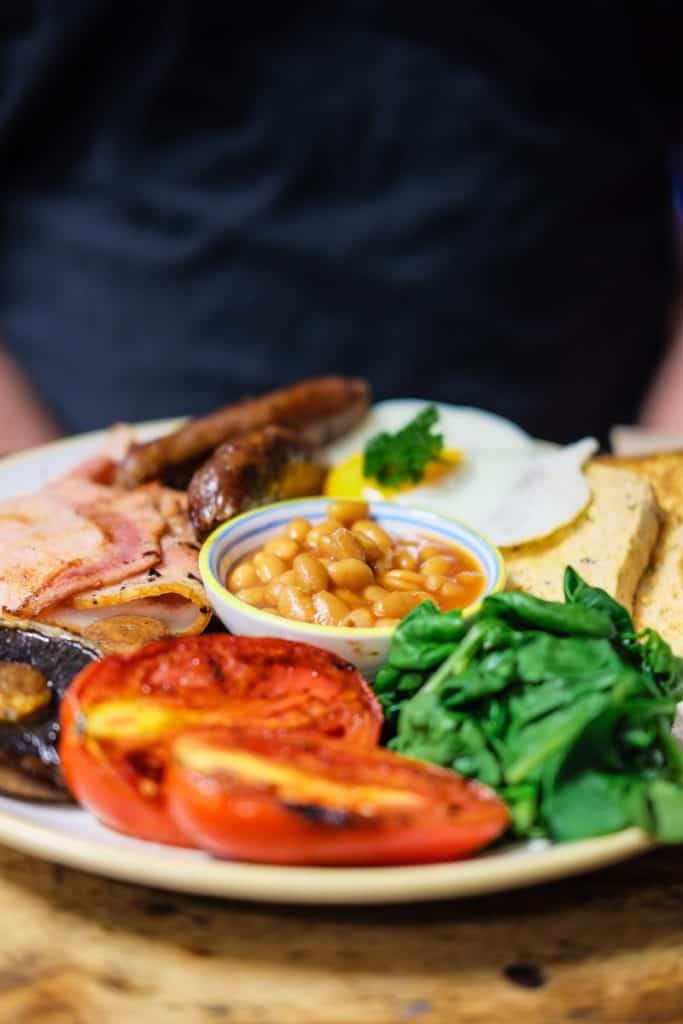
What are the best fats for athletes?
The best fats for athletes come from whole foods, unprocessed oils, and wild animals. For example, avocado, coconut, wild-caught fish or seafood, nuts and seeds, extra virgin olive oil, egg, Greek yoghurt, cocoa (or 70+% chocolate), and grass-fed or wild meat.
Do you also really enjoy dairy but have a hard time digesting lactose? Then always go for the full-fat varieties like Greek Yoghurt. Proportionally, these contain more fat and less sugar (lactose is sugar). Also, dairy made from raw milk is easier digestible, and so is dairy made from goat or sheep milk compared to that of cows.
Although fats metabolize slowly and are your body’s preferred energy source for low intensity workouts, they’re still invaluable for high intensity sports like Muay Thai Kickboxing and other martial arts. They keep your tendons supple, feed your brains, are essential for the production of hormones like testosterone, and increase the bioavailability of various vitamins, minerals, and antioxidants. Moreover, fats give a satiated feeling and slow down the metabolism of simple carbs and caffeine, which prevents your energy levels from peaking and crashing.
If you’re counting calories for your diet make sure to keep a close eye on your fat intake. Because, fats contain 9 kcal per gram, whereas proteins and carbs only contain 4 kcal per gram.
What are MCT fats?
MCT stands for medium-chain triglycerides – medium long chains of fat molecules. Your body metabolizes these shorter fat chains in the liver into a non-sugar energy source for your brain and body. MCTs are present in coconut oil, ghee, palm kernel oil, dairy products, and MCT oil.
Because you metabolize MCTs fast into energy, you can eat these fats in a shorter window (up to 45 minutes) before training. Simply add them to a smoothie/shake, salad dressing or mix it into your coffee to enjoy their energetic effect during your workout.
What is best to eat after Muay Thai Kickboxing training
To replenish your fluids and glycogen stores, and provide your muscles with building blocks, you need water, carbohydrates, and protein. For example,
- A protein shake or raw bar
- (Dried) fruit, nuts, and Skyr/yoghurt/quark/cottage cheese
- White rice with tofu or lean meat/fish
Although many protein shake blends don’t contain any sugars to stay low in calories, after your training you need your (healthy) sugars. That’s why I always combine protein powder (neutral flavor) with a banana (for sugars and potassium), cinnamon, and a combination of water and yoghurt. This way I’ll have everything I need in a delicious shake that’s easy to bring along.
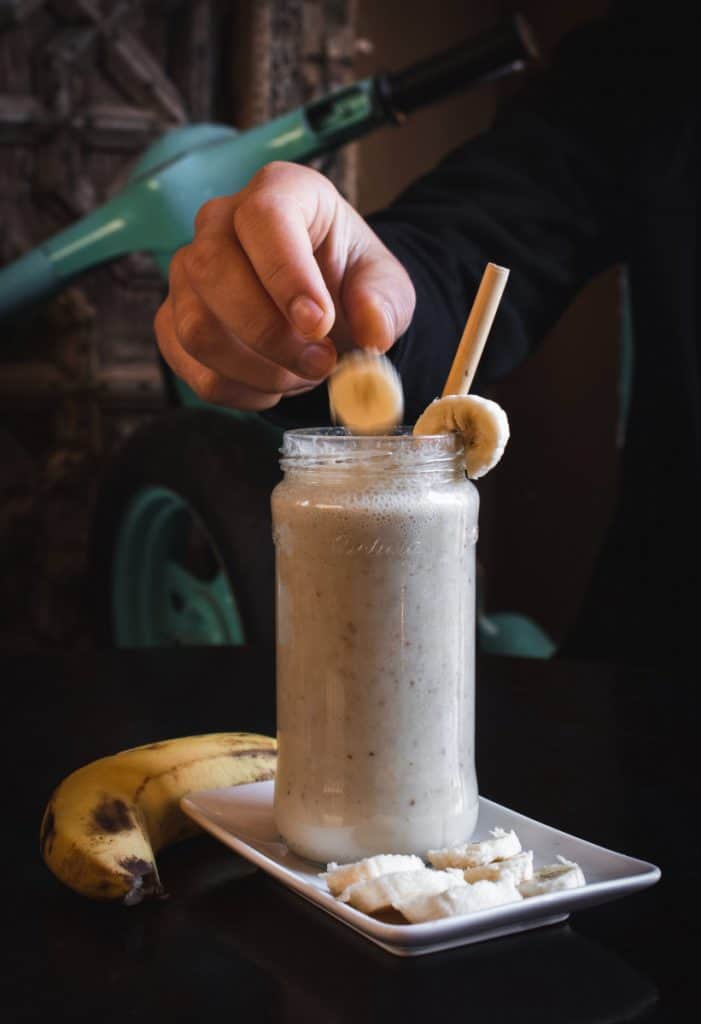
While fats aren’t bad after training, they do slow down your metabolism. This means that it’ll take longer before you’re reenergized. Therefore, ideally you only eat simple carbs and protein in the first hour after your training – followed by a complete meal after that.
#Pro-tip: before you jump on your post-workout meal, first take a moment to calm down. For example, by stretching and/or focusing on your breath for a few minutes. This way you activate your “parasympathetic nervous system,” which slows down your heart rate and gets your body ready for digestion.
Is it OK to drink alcohol after a workout?
While most people enjoy the relaxing and loosening of inhibition effects of alcohol, this versatile drug is detrimental to exercise performance and recovery. Alcohol slows down digestion, messes up your sleep, and acts catabolic – the opposite of anabolic meaning that it stimulates muscle breakdown.
So, if you want to have optimum athletic performance and muscle recovery, it’s important to refrain from drinking alcohol – primarily on and before the days that you’re training.
If you do like to drink on one of your training days, consider having your alcohol right after you have rehydrated but before you have had anything to eat. While this sounds counterintuitively, the idea is that you’ll need very little alcohol after your training to feel its effects. This way, you lay less burden on your body and you can save on your expenses. However, only do it this way if you can indeed keep it to 1 drink, because otherwise you’ll be floored in no-time.
What not to eat before kickboxing?
- Milk – lactose makes you sluggish
- Spicy foods – can cause indigestion, heartburn, and stomach and muscle cramps
- Trans-fat products like junk, processed, or (deep)-fried foods, and margarine – trans-fats are preheated and processed fats that are very unhealthy and mess up your digestion system.
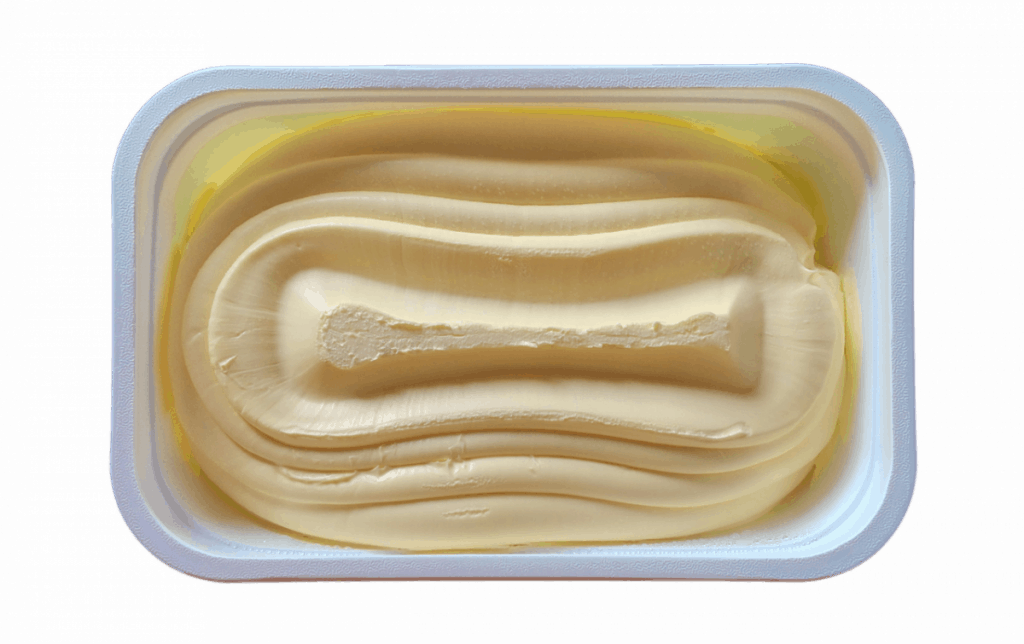
How much water should a kickboxer drink?
Drink about 4-5 liter per day. Water load up to half an hour before training so that you’re properly hydrated without training with a water belly, and rehydrate after you finish training again. During training, only drink small sips but drink them whenever you can – also if you don’t feel thirsty.
#Pro-tip: start your day with a 300ml glass of lukewarm water (cold water only costs your body energy in the morning) with Himalaya or Celtic sea salt and a splash of lemon or lime juice and/or some apple cider vinegar. Since you lose about a pound of water during your sleep – and with that your body’s minerals – this “mineral cocktail” gives you everything you need in the morning, while the sour activates your digestive system.
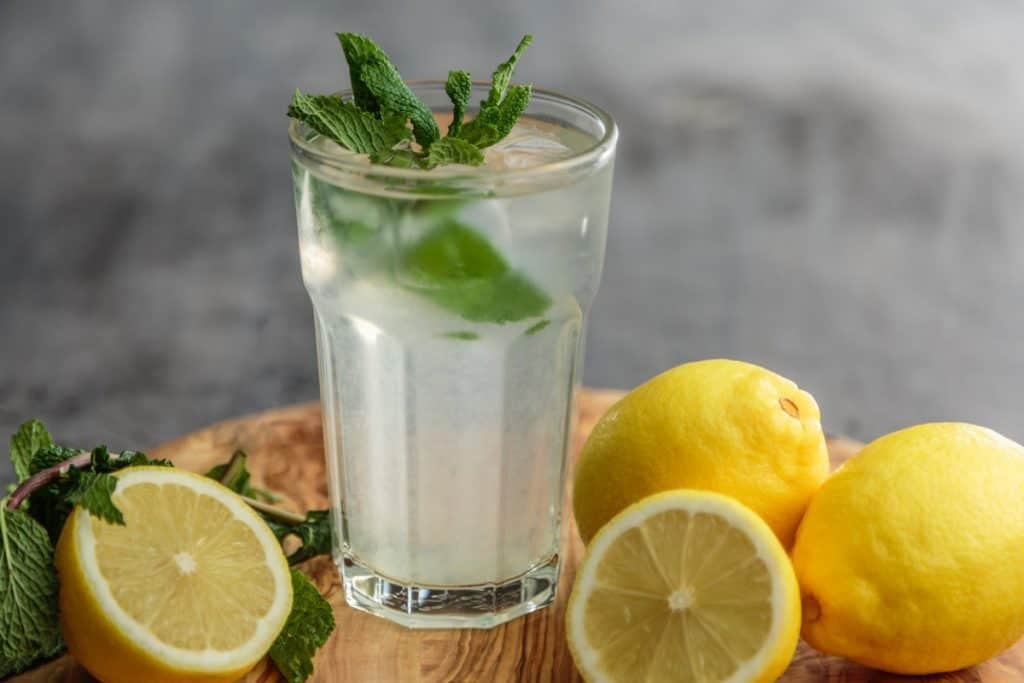
While tea and coffee primarily consist of water, their caffeine contents also have a dehydrating effect. Also, many of the tea herbs that have a detoxing effect work like a diuretic. This doesn’t mean that you shouldn’t drink tea or coffee, but you may have to drink some extra water in order to compensate these effects.
How to implement sports nutrition guidelines
Much of what I’ve discussed here are guidelines that I’ve experienced after a lot of research and experimenting on myself. In general, I have a fast metabolism but still I prefer to eat “too early” rather than “too late” before working out.
But, everybody is different when it comes to digestion and eating patterns, and your metabolism varies from day to day. Depending on your activity level, what you eat and drink throughout the week, and whether or not you’re experiencing a lot of stress, your metabolism will be sped up or slowed down.
So, dare to experiment for yourself! Try varying your meals before training, and track how long it takes before your feel that it has digested enough and you can have a good workout. The same goes for your post-workout meal. Tryout different protein shake recipes or simply snack on some extra dark chocolate or a trail mix after training.
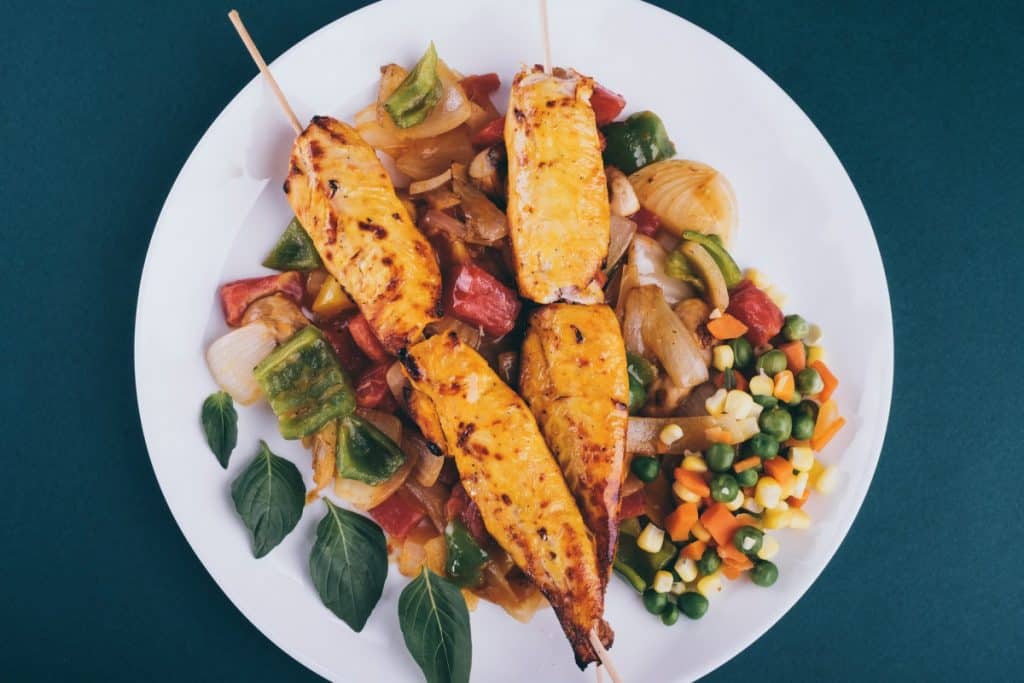
Keep in mind: while having the right post-workout ingredients directly after training can work magic for your recovery, you’re probably better off postponing eating for 30-60 minutes longer if you’ve had a very technical training or a lot of food before working out.
In the end, always let your feeling guide you. Because even if you eat all the right things and time your meals with precision; if it does not feel good for you, your body won’t be in its optimal state – not for training and neither for recovery.
- Written by Merlijn Broersma
Recent Posts
The previous articles covered the foundation of fighting nutrition: the best pre- and post-workout meals, fight day nutrition, and what your everyday diet should include. This article will cover the...
Previous articles have discussed pre- and post-workout meals, fight day nutrition, and how to train without eating anything at all, so called “fasted workouts.” That means that there’s one...